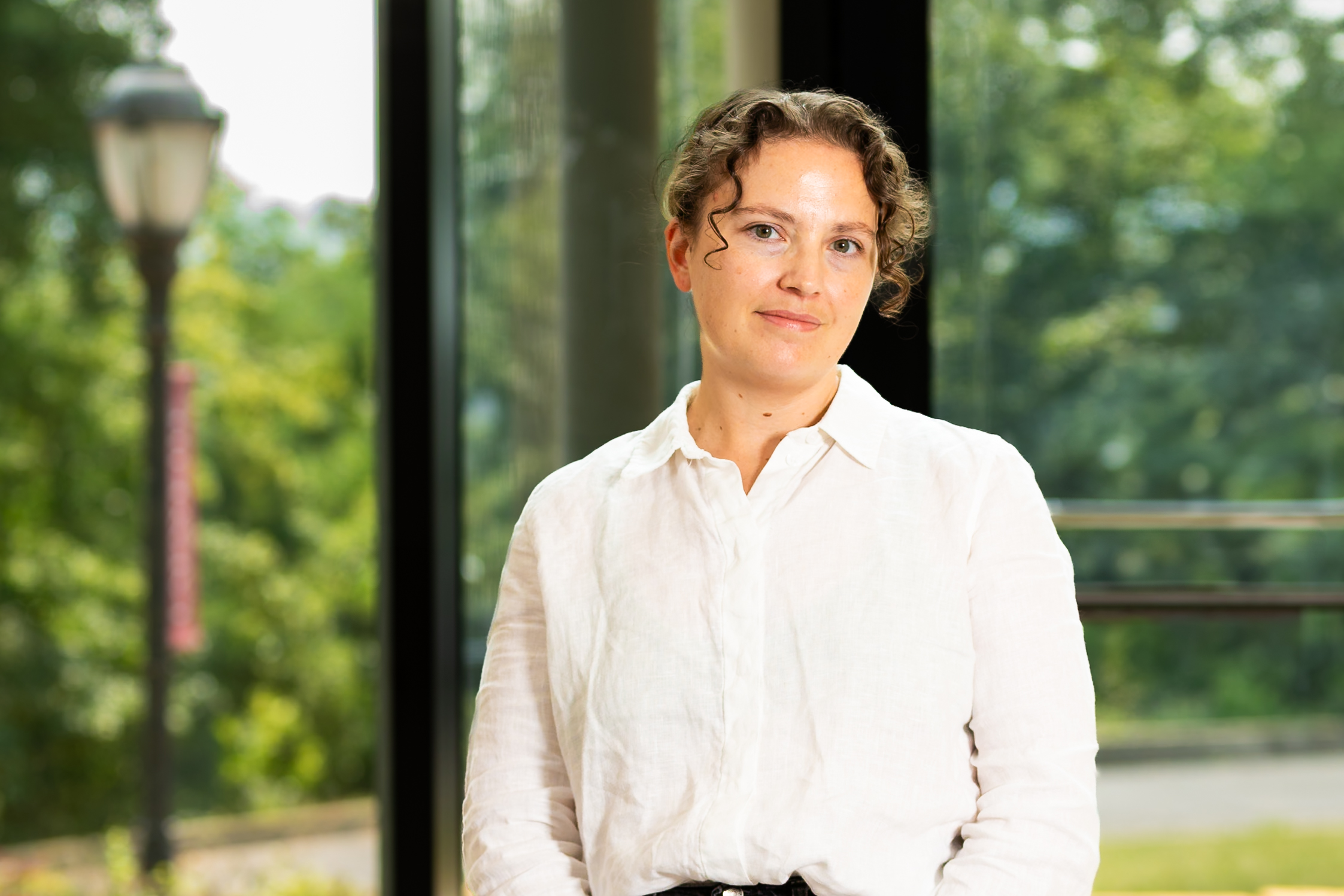Celebrating faculty: Lindsay Ceballos

What is the focus of your research/area of expertise?
My work is based in Russian literary history in the 19th and early 20th centuries. In various articles and in my new book, Reading Faithfully: Russian Modernist Criticism and the Making of Dostoevsky (Cornell University Press), I reconstruct how critics in various historical periods read literature. I work primarily on Russian-language sources and in the past have conducted my research in archives in the Russian Federation (although now I make do with the digital holdings of libraries around the world). My book, which came out in July, investigates how religious thinkers and modernist critics read and responded to Dostoevsky. I’m fascinated by how critics both perpetuate and remake the self-mythologies of writers. My new project is about nationalism and critical responses to mixed-heritage characters in 19th-century Russian literature.
How do students benefit from your scholarship and research?
My hope is that students become better at reading, which some fear is becoming an obsolete skill. My work is about critically reading criticism and understanding the nature of critical authority beyond simply negating it or rejecting it. In class, I ask students to read in a similar mode: read critically, but also find a way to create meaning in your reading.
What will you be teaching in the fall?
This fall, I’m teaching a First-Year Seminar titled “Russia Today Through Fiction and Film” and CL-REES 161: Literature and Empire in Russia’s “Golden Age.” For any students interested in contemporary Russian nationalism, studying literature is a powerful way to understand its historical generation.